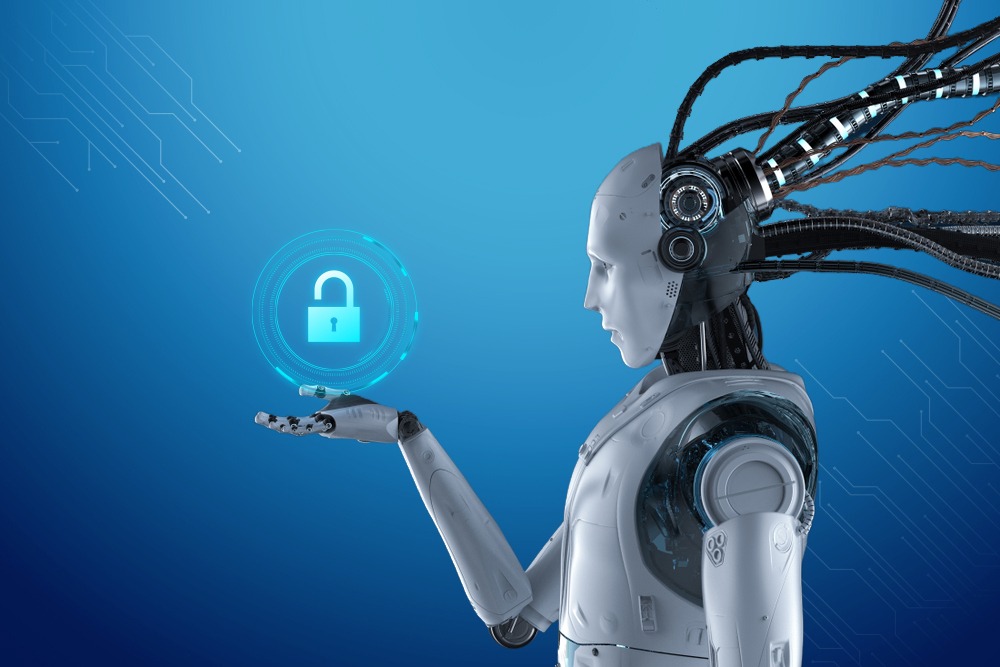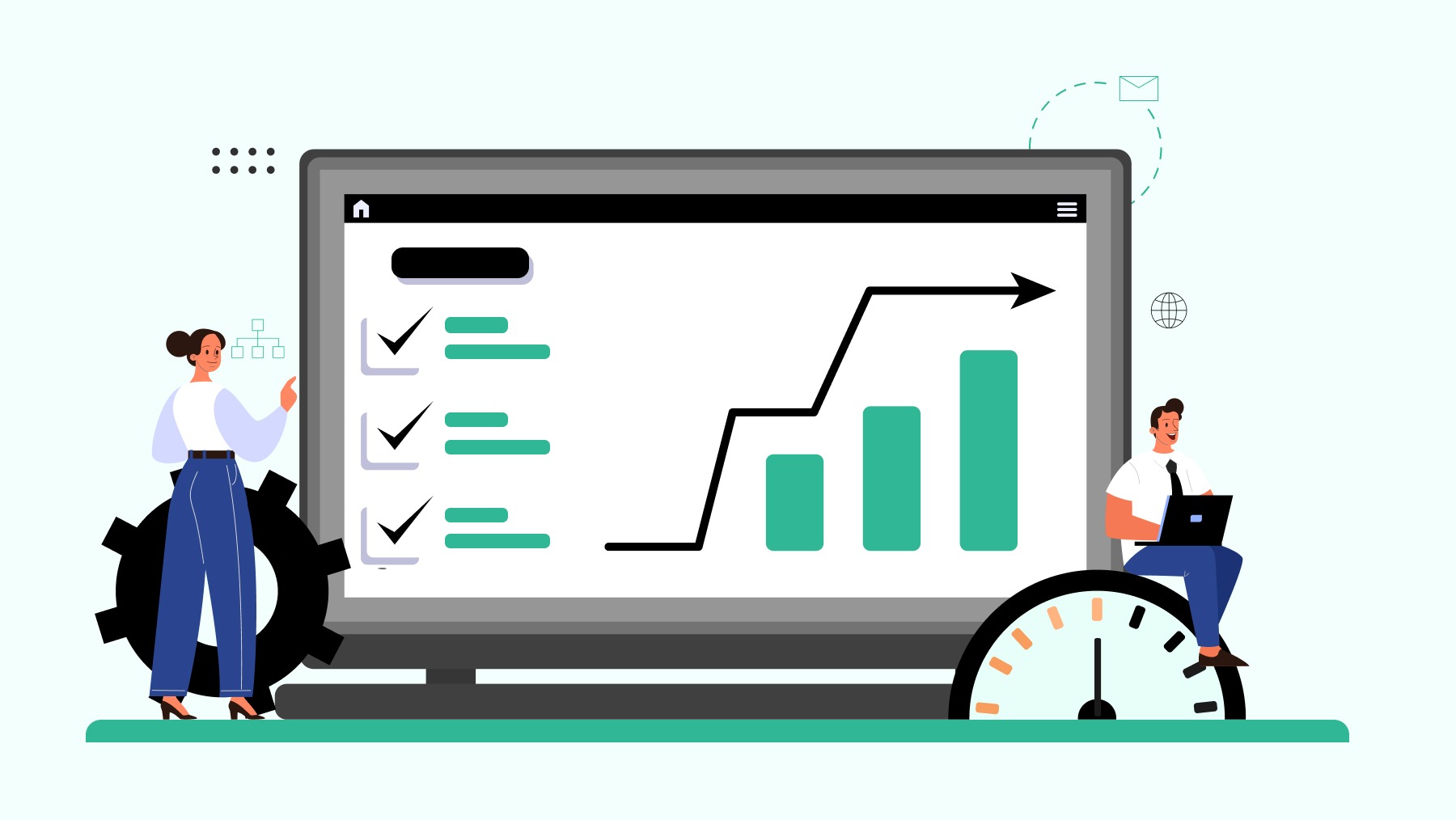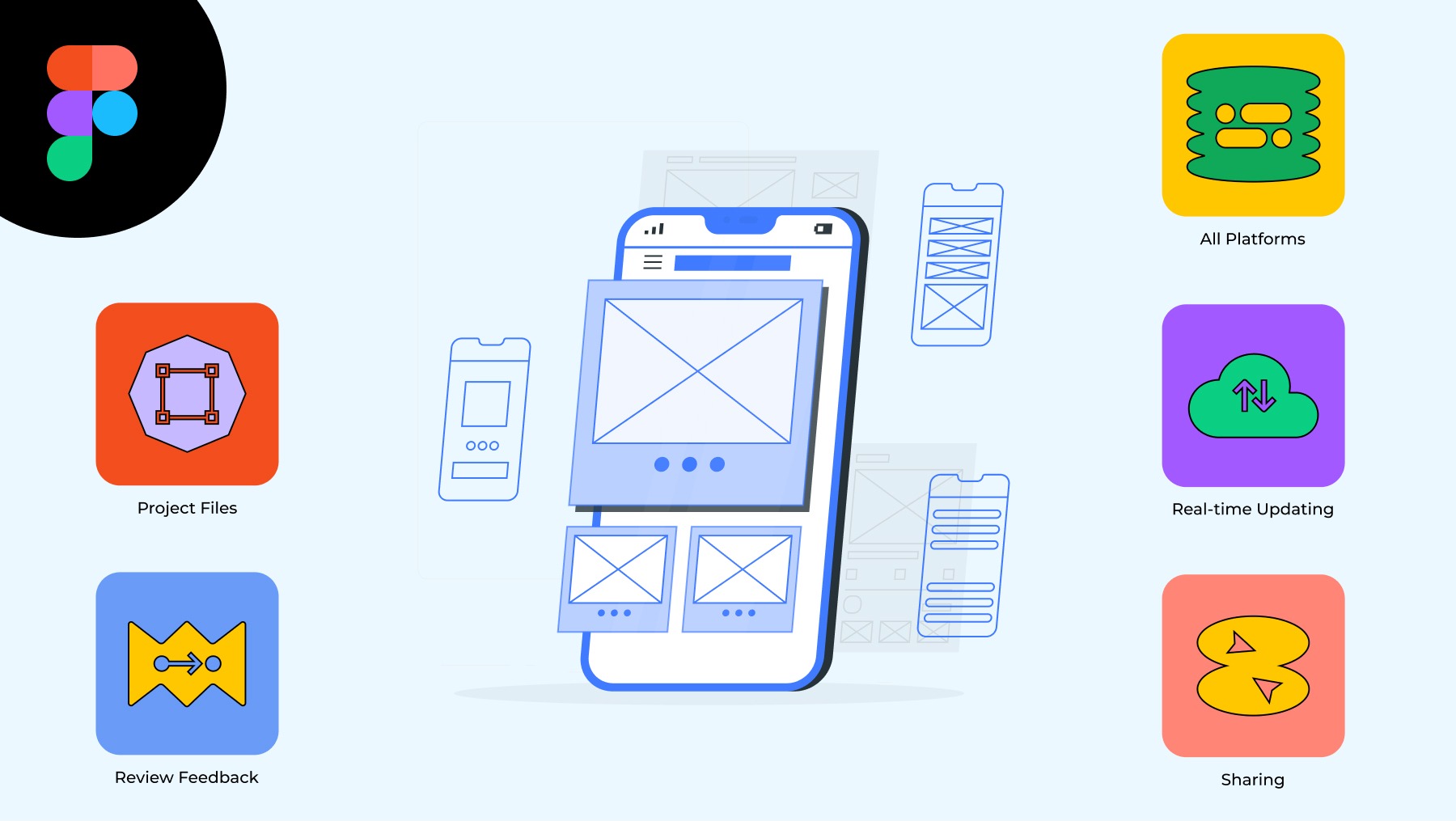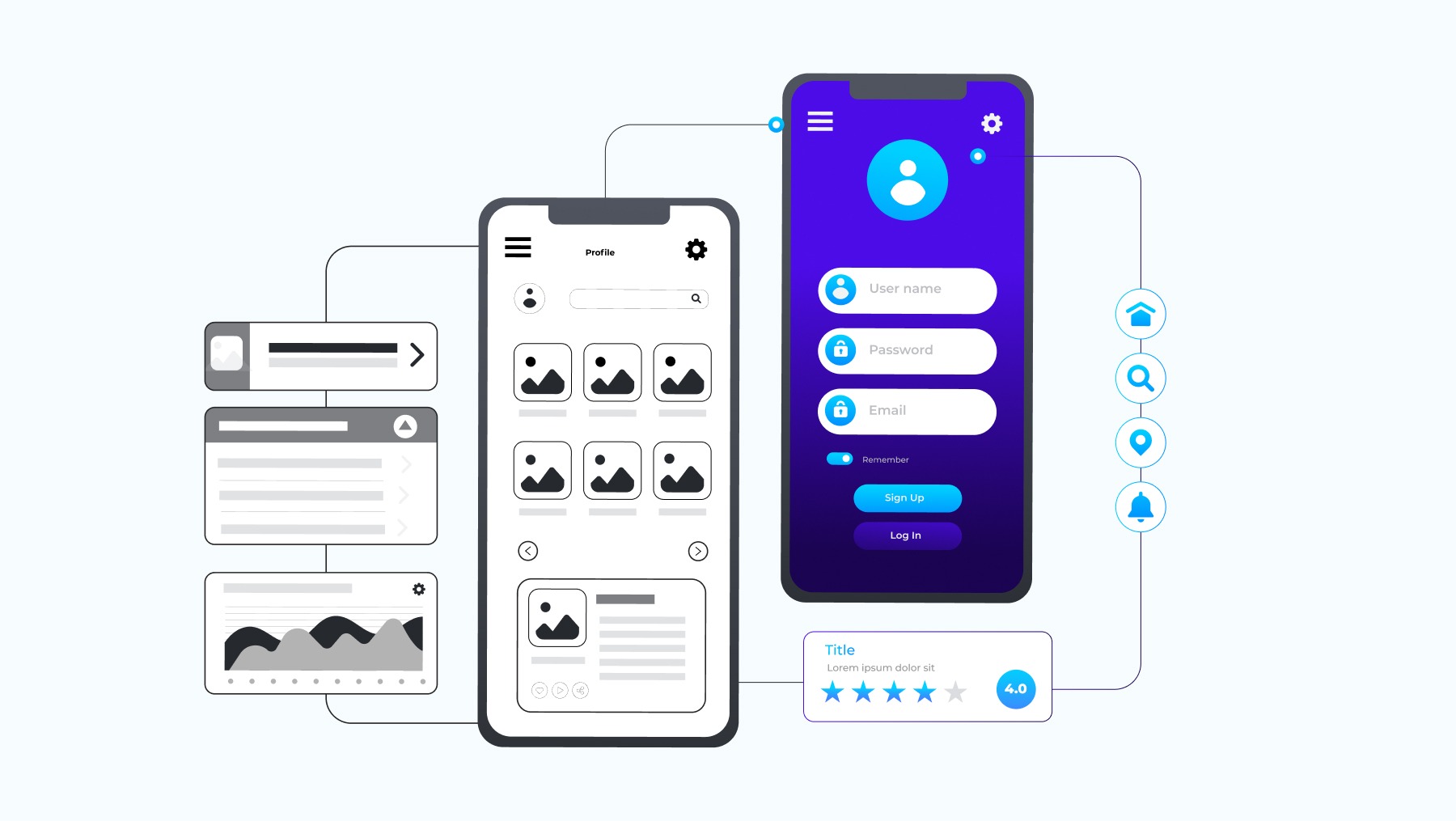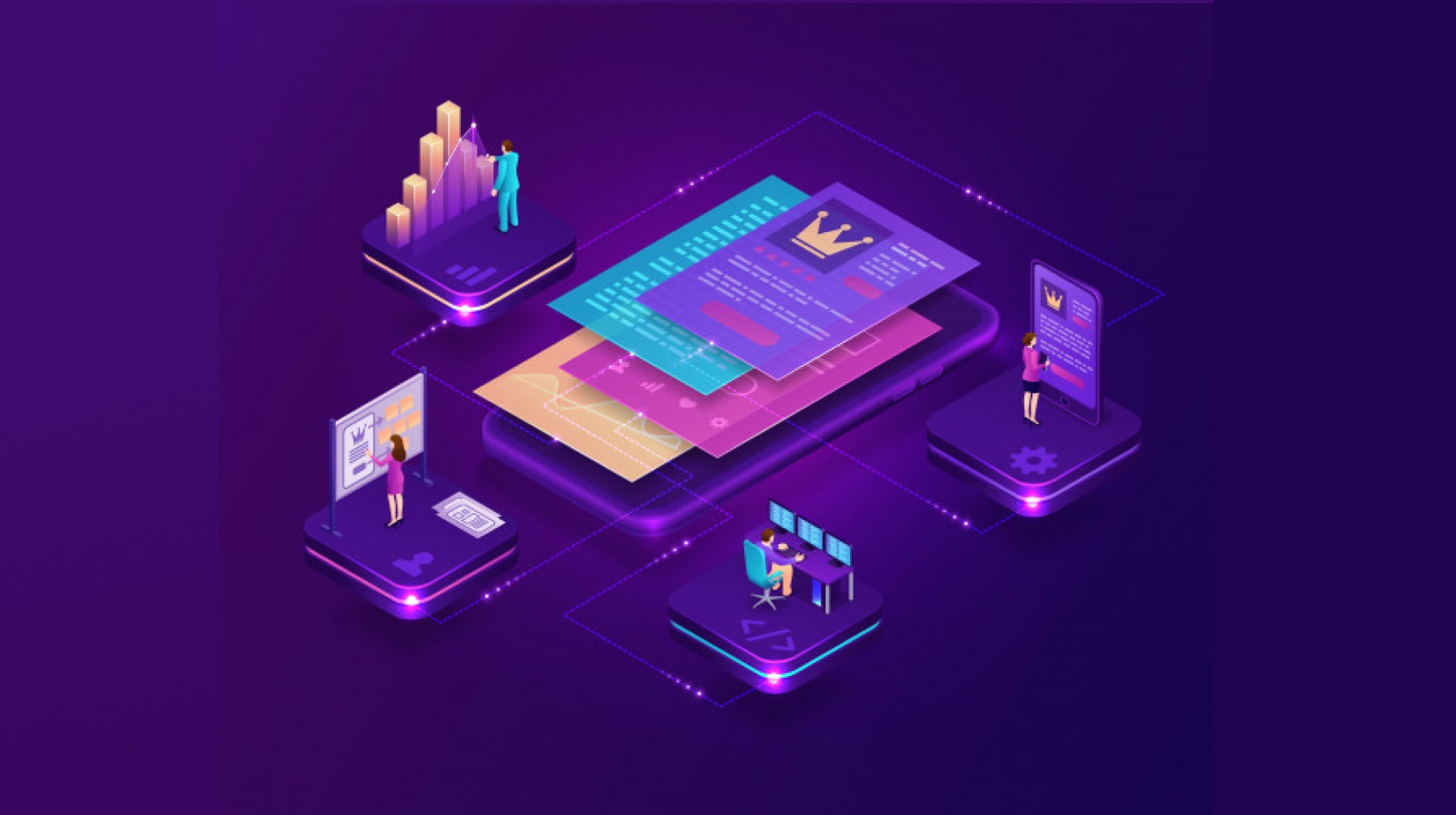What is artificial intelligence?
Artificial Intelligence (AI) is a computer science branch that deals with building intelligent machines to perform tasks that usually require human intelligence. American scientists Norvig and Russel defined AI in their textbook “Artificial Intelligence: A Modern Approach” as “the study of agents that receive precepts from the environment and perform actions.”
AI is molded according to the industry’s needs, increasing efficiency, and allowing new ideas to flow in. Artificial intelligence falls under two major categories; Narrow Artificial Intelligence (NAI) and Artificial General Intelligence (AGI).
Narrow AI, also referred to as weak AI, is a simulation of human intelligence, and it operates within a limited context. It is used for single tasks since it involves a lot of complexity. Examples of this would be machine learning and deep learning.
AGI is a more powerful AI that has greater intelligence and fascination attached to it. It operates like human intelligence and can solve situations and problems like a human mind.
What is Cyber Security?
The act of protecting computers, servers, electronic devices, networks, and data from targeted hackers is cybersecurity. It’s also known as security for information technology or security for electronic information. We can split cybersecurity into a few common categories like network security, operational security, and information technology security. According to Risk-based security, around 7.9 billion records are attacked by malicious hackers in a couple of months. The cyber threat is increasing globally every day as technology continues to grow. Medical services, retailers, and governmental institutions are sectors that witness cyber-attacks now and then. Some of these industries are more desirable to cybercriminals because they collect financial and medical data. However, customer data, economic espionage, or consumer threats are directed towards companies that use networks. End-user protection and data encryption is the chief aspect of cybersecurity. To achieve this, cybersecurity counts on cryptographic protocols. End-user protection searches for malicious viruses and removes them from the system. This not only safeguards network access but also protects against fraudulent activities. Cybersecurity is critical because large quantities of data are gathered, processed, and stored by various organizations worldwide. Most of this data includes trade secrets, financial documents, private information, or other forms of data for which security breach or disclosure may prove fatal.
The role of artificial intelligence in cybersecurity
Cybersecurity has proven to be very important as technological advancements take place every day. Even the latest developments in security practices fail at some point. Security experts have additional tools to protect insecure networks and data from cyber attackers by integrating the power of artificial intelligence (AI) with cybersecurity. Artificial intelligence and its integration with cybersecurity have shown promising results. To begin with, a rapid response against malicious attacks and cyber threats was witnessed by various systems. Capgemini Research Institute of Artificial Intelligence is ranked number one as the new frontiers in cybersecurity. They say; two out of three organizations are adopting AI solutions as protection against cyber attacks by the end of 2020. However, it does not always guarantee that the data would be breach-proof by implementing cybersecurity technologies. However, this will make the role of security practitioners easier after using AI.
The scope of AI in the future of cybersecurity
Organizations have grown and paid attention to the reliability of their networks. Because of this, they are now aware of all cyberattacks. Organizations use several lines of protection to protect this structure. Typically, this multi-layered protection scheme begins with the most effective firewall that can monitor network traffic. Specialists are looking to enhance their ability to detect and overcome advanced cyber-attacks with minimal human interference. As artificial intelligence is incorporated into cybersecurity, AI networks and machine learning have made it security experts possible to learn about new modes of attack. Soon, artificial intelligence would play a significant role in eliminating cybersecurity threats. But there are some loopholes to it as well. Cybercriminals can use it to damage organizations through malicious hacking. This will leave AI prone to advanced threats via automated programs. AI is not 100 percent foolproof, like any other cybersecurity solution. It is a double-edged sword, capable of limiting cyber attacks but still vulnerable against some of them out there.
Positive contributions to artificial intelligence
One of the chief contributions of artificial intelligence in cybersecurity is biometric fingerprints. It is being used worldwide to protect against cyber threats and hacking. Many organizations have globally suffered from cybersecurity breaches that included personal data and passwords. Cybersecurity experts have stated that passwords are increasingly sensitive and prone to cyber-attacks; this includes personal raiding details, credit card information, and social security numbers. These are all reasons how biometric logins contribute significantly to the role of artificial intelligence in cybersecurity. AI is also used to track threats and other malicious activities that can endanger a company’s privacy. Conventional systems cannot keep up with the sheer amount of malware produced each month. Hence, AI tackles this issue by using affective algorithms to eliminate any possible malicious activities that would make the organization vulnerable to any potential threats. Multi-factor authorization and other additional features are also a result of artificial intelligence in cybersecurity. This provides access and protects their confidential login details from hackers. The authentication feature can be much more complex and meaningful while using AI, as it changes the users’ access depending on their network and location. Multi-factor authentication gathers user information to understand the person’s actions and test the user’s access rights; thus, making it airtight.
Challenges of artificial intelligence in cybersecurity
AI can interpret user behavior effectively, decipher a trend, and distinguish all kinds of network anomalies or disruptions. With such details, it’s simpler to recognize cyber vulnerabilities in no time. With AI and machine learning channels, we can identify any cybersecurity breach in no time and take preventive measures. There are still some aspects of AI that are overlooked, and that’s where cybersecurity flaws remain. Contrary to this, human intelligence-dependent roles would then be vulnerable to malicious attacks by specific cyber programs, impersonating actual algorithms based on AI. Some cybercriminals are using AI to accomplish wrong intentions by developing solutions that can help them breach cybersecurity. This would have catastrophic results and might even lead to sensitive data ending up in the wrong hands. There are some risks involved with AI, but companies can reduce cybersecurity routine checks to track potential threats through positive results. As a result, AI could identify and reduce repeated incidents, strengthen system security, and mitigate internal risks. Without a doubt, artificial intelligence has shaped the present and the future predictably, protecting companies from various threats and attacks. AI will soon become an integral part of cybersecurity, but at the same time, it will also be used by cybercriminals to jeopardize organizations. This leaves AI integrated programs vulnerable to advanced threats. Like every other cybersecurity solution, AI is not 100% foolproof. It is a blessing and a curse. As time goes by, AI will improve, take over everyday tasks, evolve, and reduce the chances of human error and negligence.

